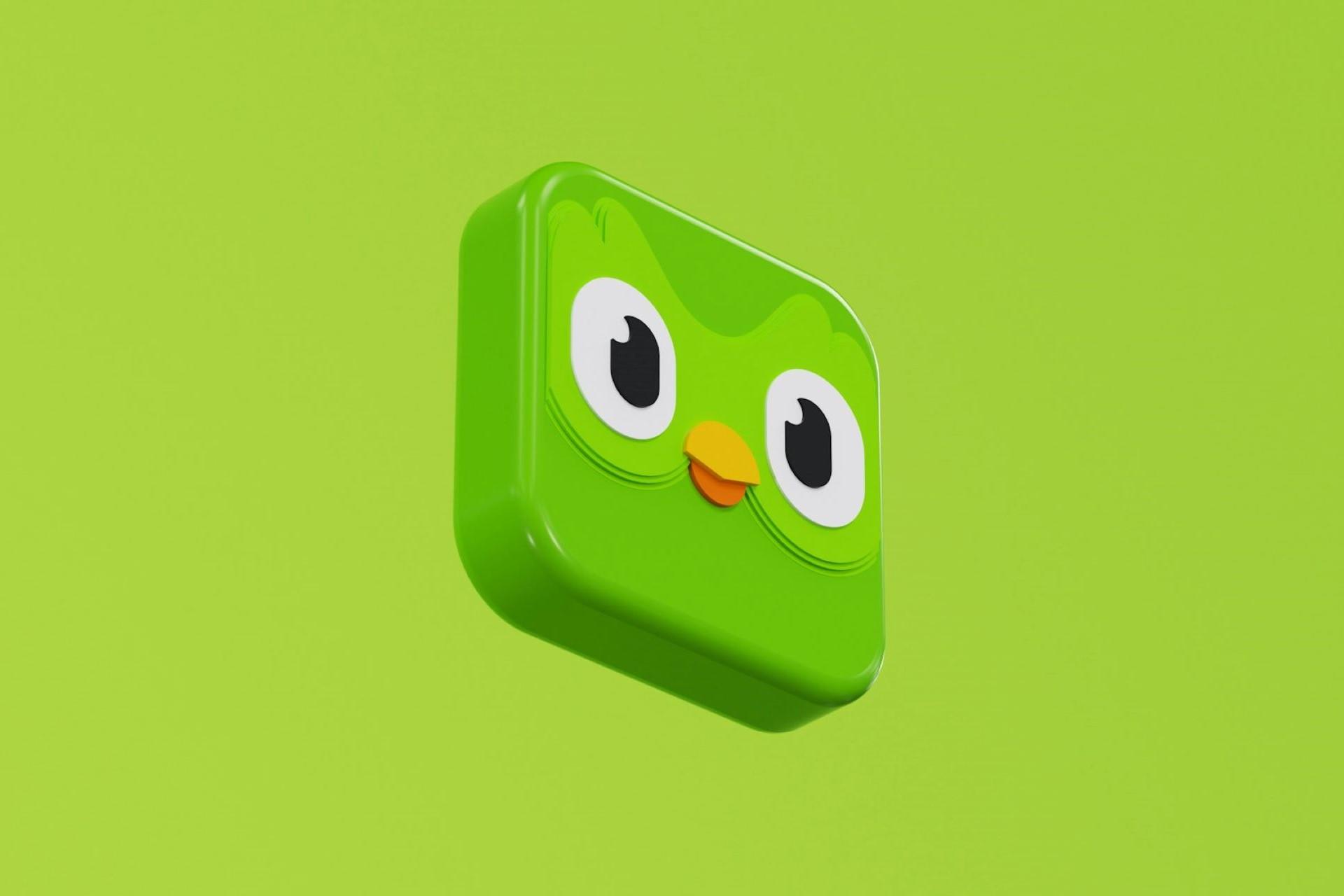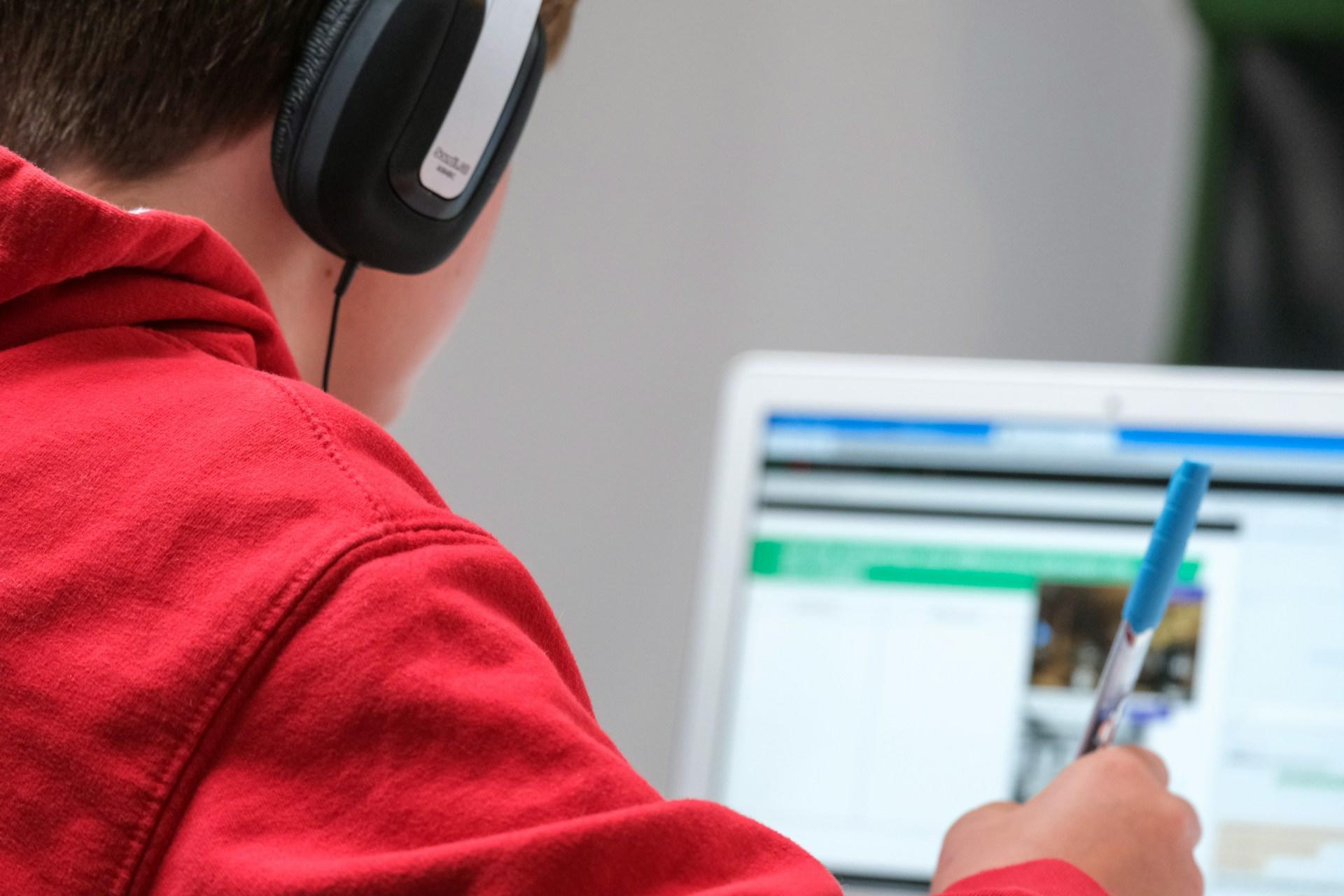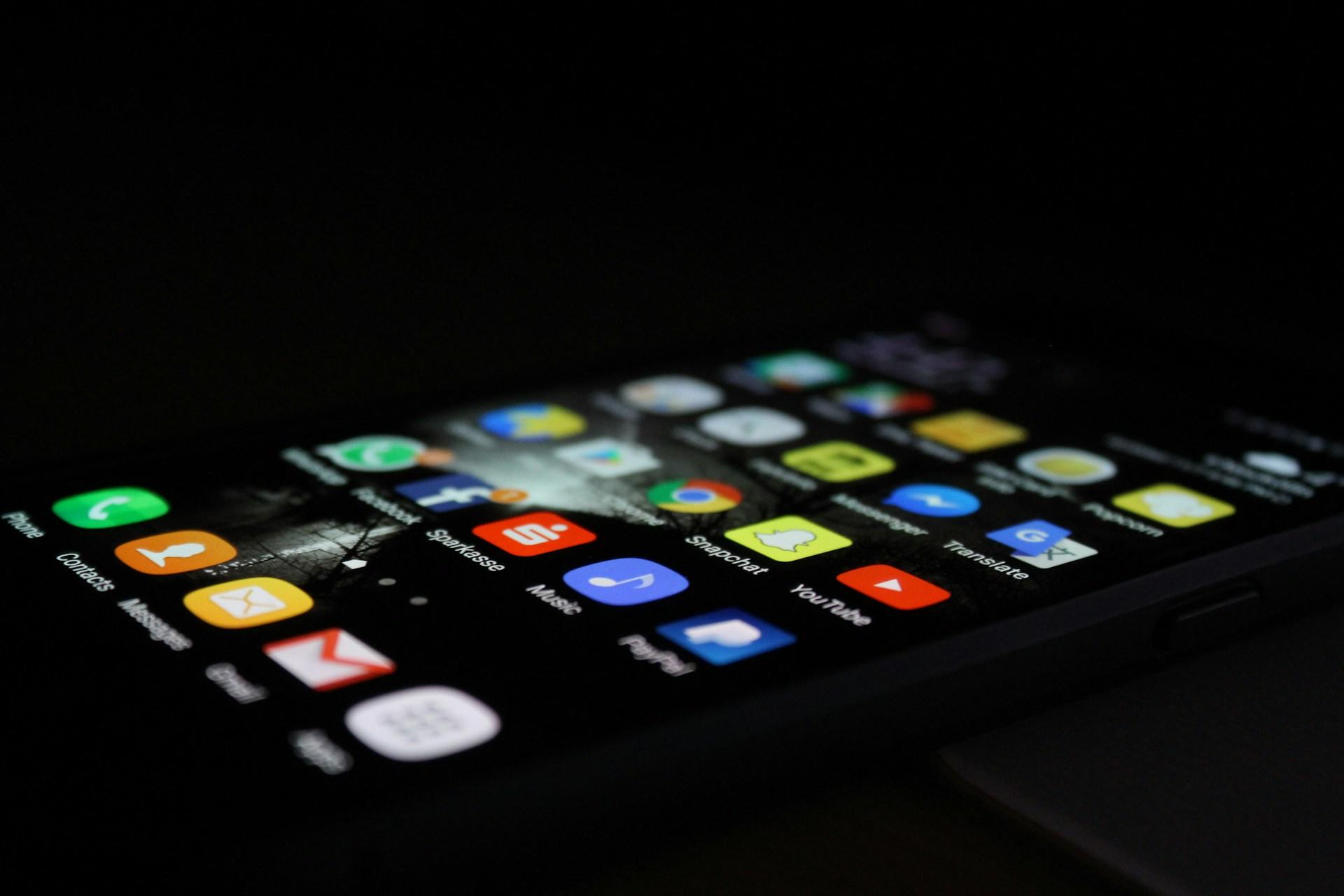"Knowledge of languages is the doorway to wisdom."
Roger Bacon
If you want to learn Korean online or outside of a classroom or in South Korea, language learning apps could be one of the best ways to do it.
While most of these apps can't be used in isolation, they can be used to complement the other resources and approaches you use.
Here's our quick guide to some of the best apps on the market for learning the Korean language.

Dongsa
Dongsa is a Korean verb conjugator app and one that's worth downloading just to have on your phone. It's free, though there are ad-supported features. That said, if you want to disable these features to get rid of the ads, you can.
Drops
Drops is a language-learning app that focuses on learning vocabulary. The app is available in several languages including Korean.
Drops is another app that's also available for free.
Duolingo
Duolingo is arguably the world's most popular language-learning app. While the internet will regularly have debates over how effective it is as a tool, what it is good at is getting you into the habit of studying a language.

We wouldn't recommend making it the only way you learn Korean, but since you can install it on your phone and use it wherever you have an internet connection, it means that it will provide you with lots of opportunities to study Korean.
Ready to learn with the help of an experienced tutor? Find Korean classes here on Superprof!
Learn Korean Phrases
This app from Bravolo – Language Learning is highly rated and is a good way to get started with the Korean language, especially if you're travelling to South Korea.
While the free version has a lot of ads, you can always remove these by paying for the premium version.
Thanks to the “favourites” tab, you can also save some of the phrases and words that you find more useful so you can quickly go back to studying them.
LingoDeer
LingoDeer is another language-learning app that gamifies the language-learning experience. In many ways, it's quite similar to DuoLingo and it covers Korean grammar and vocabulary.
Unlike Duolingo, however, LingoDeer has a very limited free version, though you can pay for lifetime access to both LingoDeer and LingoDeer Plus.
LingQ
The LingQ app offers nearly 50 languages to learn, but for the time being, we're only interested in learning Korean.
LingQ differs from LingoDeer and Duolingo in the way that it tends to use real-world content like YouTube videos and news articles rather than lessons specifically on certain aspects of grammar, pronunciation, etc.
That isn't to say you can't learn these things with LingQ, but you'll learn in a far more natural way and also find useful resources appropriate to your level for further reading or study.
Mango Languages
The Mango Languages app is available in multiple languages and provides a good variety of activities for learning Korean.
You can learn Korean vocabulary, read or listen to stories and conversations, study Korean grammar, and even practise speaking with the app.
Like many of the other language-learning apps for Korean that we've mentioned in this article, Mango Languages Learning is highly rated on Google Play.
Despite what most apps tell you, you can't learn a language with just an app.
Learning a language takes thousands of hours of study and various approaches.
Use a mix of different language-learning resources!
Memrise
The Memrise language-learning app focuses on teaching languages through spaced repetition.
This is an approach commonly used in study whereby a student will cover concepts they understand well less frequently than those they don't. After all, it makes sense to regularly study what you don't know rather than what you do.

This might sound obvious, but when we study, it's quite common for us to focus on the areas that we're good at because it gives us a sense that our study sessions have been effective, but it's actually better than any practice you do focuses on what you're worst at.
Memrise, like many of the other apps, is “mostly” free. By this, we mean that you can start learning with it without having to pay, but the premium version offers more features and fewer annoyances (like ads).

Mondly
Mondly is another language-learning app that uses gamification to make learning languages more fun and appealing.
Whether it's Korean, Japanese, Russian, Italian, German, or one of over 40 languages on offer, you can find the Mondly app on Google Play, the App Store, and the Huawei AppGallery.
While the bite-sized Korean lessons offered by Mondly probably won't be substantial enough to help you reach fluency in any language, it could be a useful app to have installed on your smartphone, but you should certainly look to some of the other great websites for learning Korean, too.
The free version of the app includes the Daily Lessons, the Hello category, and a chatbot lesson, but a monthly or yearly subscription is available for the premium version. Like most other language-learning apps, there's also a free trial of the premium version available.
of study to speak Korean fluently!
Naver Dictionary
The Naver Dictionary app is an English-Korean dictionary and something that every language learner should have.
While we wouldn't recommend simply trying to translate from Korean to English and vice-versa, you should always have a bilingual (and monolingual) dictionary to hand and the fact that you can have one installed on the phone in your pocket seems like a very smart idea.
Pimsleur
The Pimsleur App uses the brand's namesake learning approach, the Pimsleur Method. Without going into too much detail, it uses spaced repetition, which they call graduated interval recall, the principle of anticipation, a focus on core vocabulary, and organic learning.
Every student is different and while the Pimsleur Method certainly has its benefits and can help a lot of students, don't worry if it doesn't work for you as there are plenty of different ways to learn a language.
That said, given the popularity of the app, we'd highly recommend that any student try it out.
Preply
The Preply language-learning app is actually more of a platform for finding tutors with some language-learning integrated into the app, too.
While the app is free, the lessons aren't and how much you pay will depend on the tutor you choose to work with.
Just remember that you can also look for Korean tutors in Australia and around the world here on the Superprof website!
Rakuten Viki
Rakuten Viki isn't a language-learning app. Instead, it's a subscription service to Asian dramas, movies, and TV shows from Korea, China, Taiwan, Japan, and Thailand.
FInd Korean lessons Melbourne on Superprof.

For more advanced speakers of Korean or those who want to train their ears to the Korean language, this could be a great way to discover great Korean content while also learning the language.
Rocket Languages
The Rocket Languages app isn't free, but there is a free trial if you'd be interested in trying it out.
The trial will provide you with lessons from each level of the course you choose and some other stuff, you can get lifetime access to language lessons, audio lessons, culture lessons, and practice conversations by paying for the service.
There are often discounts and offers available for lifetime access, too, so be sure to shop around before you pay for Rocket Languages. After all, lifetime access is usually far more economical than the six-month access available.
Talk To Me in Korean
Talk to Me in Korean is an app for learning Korean by practising with native speakers, learning vocabulary with flashcards and quizzes, and practising your pronunciation.
The app is free with a premium version that you can pay for to get rid of the ads. They also produce one of our favourite Korean podcasts.
TenguGo Hangul
This is a useful app for learning how to read and write Hangul, the writing system used for the Korean language.
There are also integrated lessons, quizzes, and flashcards to help you learn more effectively as well as a history of hangul and animations.

While you can start learning to speak Korean without learning Hangul, we'd recommend that you familiarise yourself with the Korean writing system as soon as you can and this app is a great place to start.
Teuida: Learn & Speak Korean
The Teuida app is for learning both Japanese and Korean with a focus on speaking in everyday scenarios and pronunciation.
Interestingly, this app presents practice conversations and pronunciation analysis in a first-person POV so it looks like you're having a video call with a native Korean speaker.
While all of these apps could be useful to anyone learning Korean, don't forget that learning to speak a language includes reading, writing, listening, and speaking and can take hundreds of hours of learning.
A single app is unlikely to be able to provide you with all the practice you need and if you can't make it to South Korea and immerse yourself in the language and culture, then working with a private Korean tutor could complement what you learn while using a language-learning app!
Luckily for you, there are plenty of Korean private tutors on the Superprof website and you can start browsing their profiles today.
Since many offer the first lesson for free, you can even try a few out before choosing the one that's right for you. Think of it as the free trial before you opt for the premium version of the tuition!
Discover Korean lessons Sydney on Superprof!
Summarise with AI:















I pretty much knew that there would be a depiction of squid game somewhere in this article
Haha, you caught us! 😄 Squid Game has definitely made Korean learning feel a bit more exciting for everyone. Though We’d recommend starting with “hello” and “thank you” rather than diving straight into survival phrases! Have you given any of these apps a go yet?